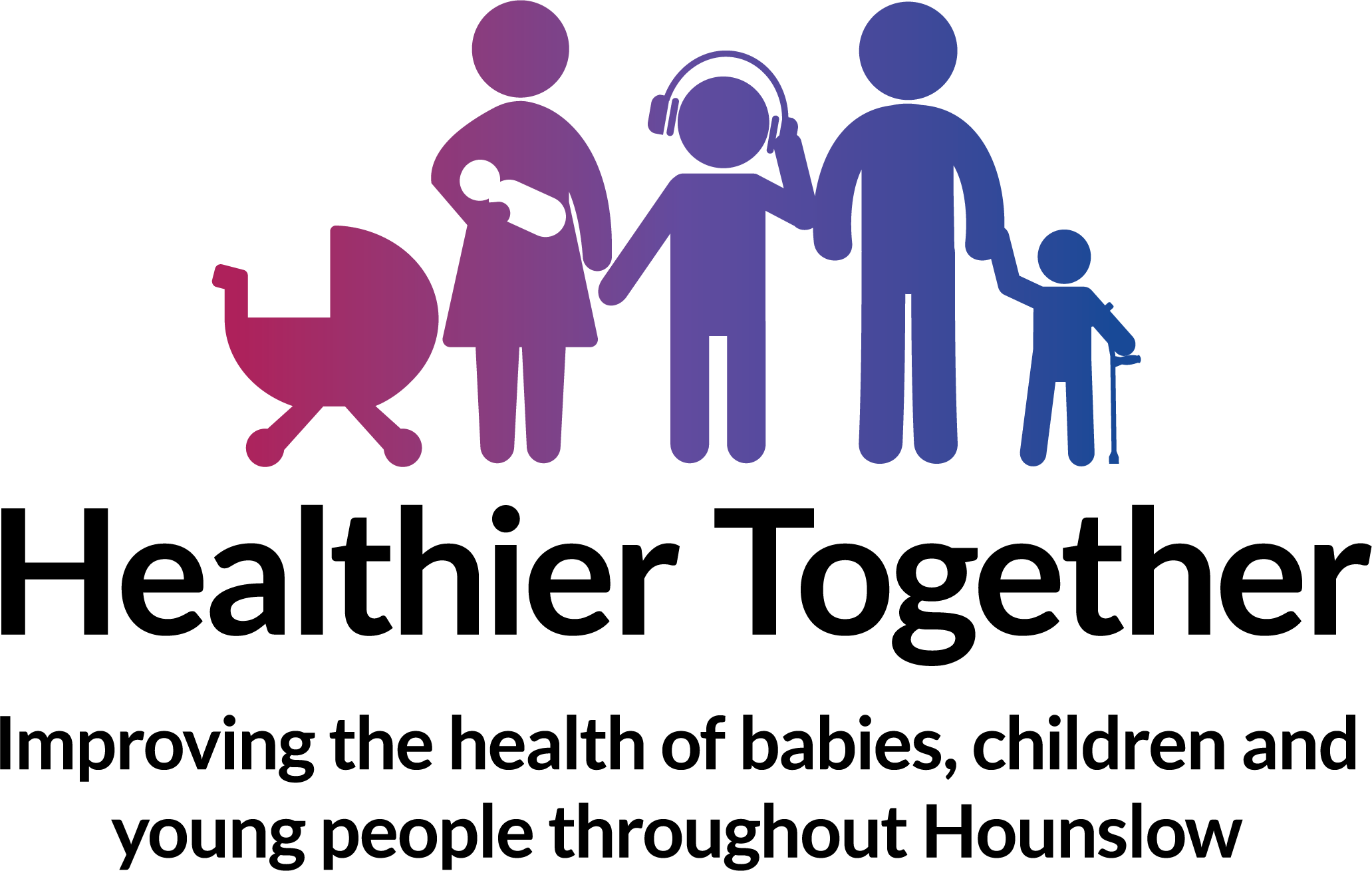Dads & partners play a key role in identifying and helping mothers with their own perinatal mental health issues. You will probably notice any changes in your partners behaviour before anyone else, and it may be down to you to make sure she gets the help she needs, by talking to the midwife, health visitor or GP for example. There are also many ways that you can help which we have have listed below.
Key messages to give your partner:
The main message is to reassure here that this is not her fault. It's easy for her to feel like there's nothing she can do that will help - you can remind here and help her to look after herself. T
Ways to help your partner:
Sometimes it can be very difficult to know how to help your partner. You may feel whatever you say or do, is not helping for to feel better. You may feel you have tried many different things but none have worked
"Supporting someone with a mental illness is one of the biggest challenges."
If your partner is not already doing so you must encourage her to seek professional help. The sooner she does this the quicker she will recover. Maternal mental health problems can be serious but she can get better.
While it is natural to feel like you should be able to help fix you partner's distress it's very likely she will need more treatment and support than you can provide alone.
Try to focus on providing practical and emotional support and ensure that she receives these extra services.
How can you help?
- Listen to her and be there
- Understand this is not her fault or yours, but a real illness and remind her that she will get better
- Be involved with your partner's care to gain understanding
- Be patient and kind
- Help her to organise her time and encourage her to work out what needs doing now and what can wait
Other practical things you can help with that will make a huge difference:
- Keep visitors to a minimum
- Encourage your partner to take rest and time out for themselves
- Cook a meal and help with night feeds
- Offer to take the baby out for a walk or round to friends
- Remember to tell your partner of your love and give hugs
This is important - this is a list of symptoms which may indicate that your partner has a more serious mental health problem - if you are aware of any of these you need to make sure that she gets specialist help. If they start at the weekend get help straight away through the out of hours GP service, don't wait until Monday morning.
- New thoughts of violent self-harm - don't worry about asking her if she have any thoughts about harming herself - she'll probably be really relieved to be able to talk about it, although some women find it really hard to talk about this. If you're worried about her mood and she's spending a lot of time on the internet then try asking her what she's looking at - sometimes women look up ways to complete a suicide.
- Sudden onset or rapidly worsening mental symptoms - perinatal illnesses can start really quickly and an individual can deteriorate fast - talk to your midwife, health visitor or GP.
- Persistent feelings of estrangement from their baby - this may mean that she doesn't want to be near the baby or to do any of care. She might start saying something like 'she's not a good enough mother to look after the baby' - again, you need to tell a health a professional and get help as soon as possible.



